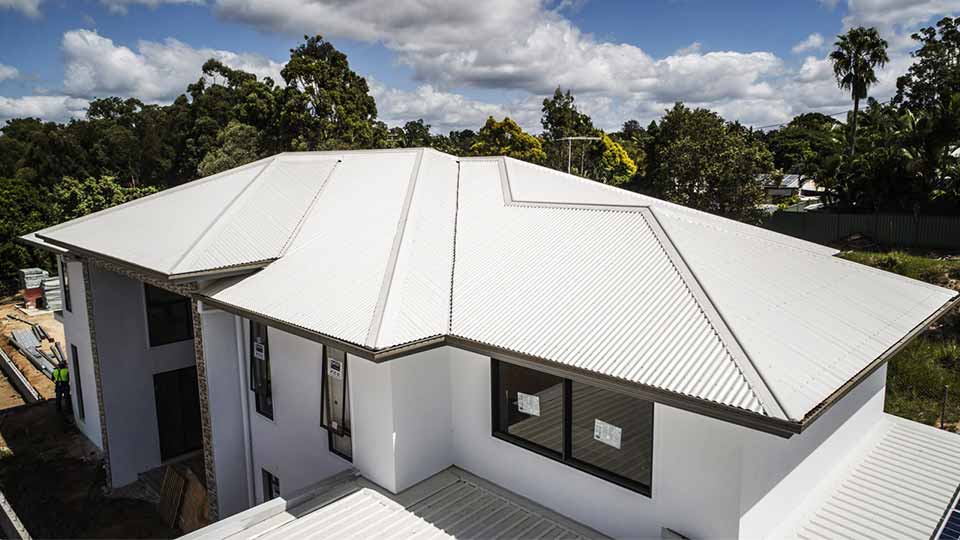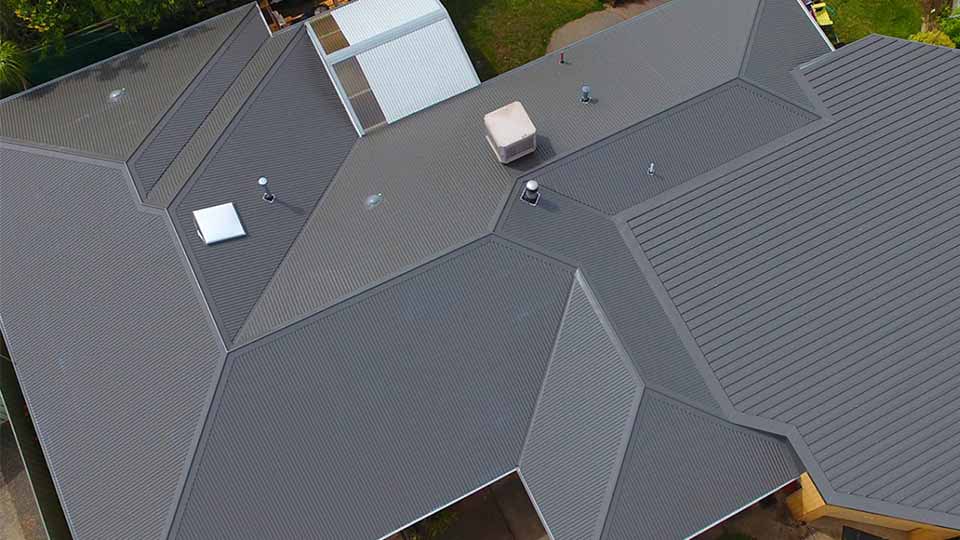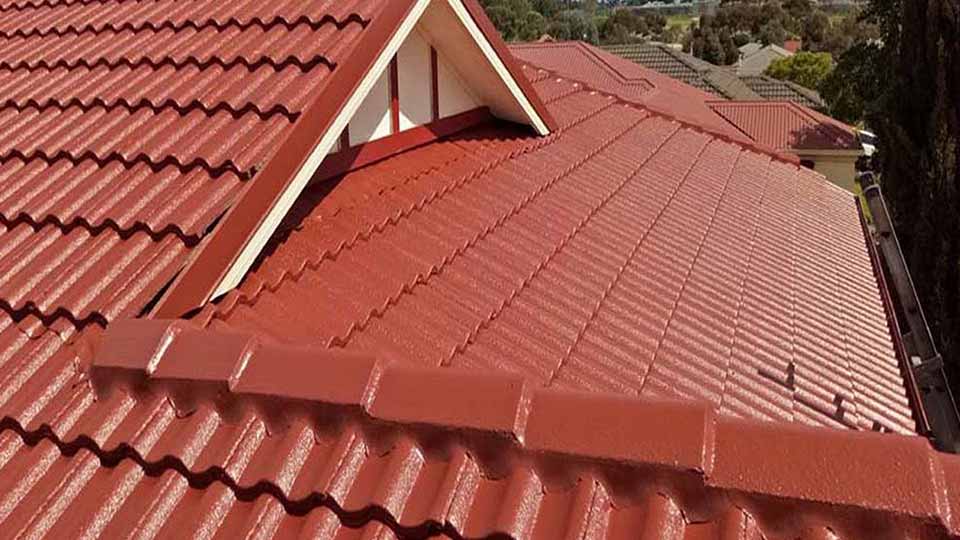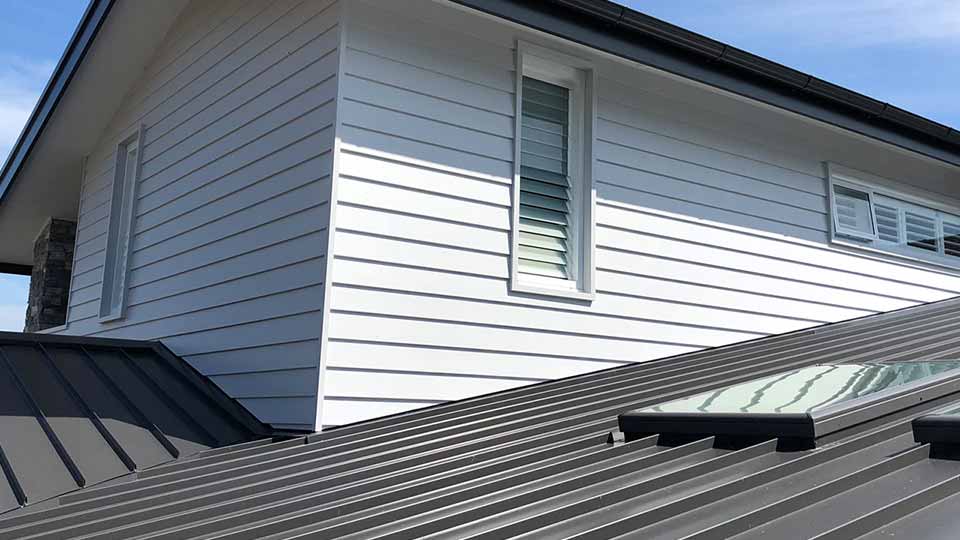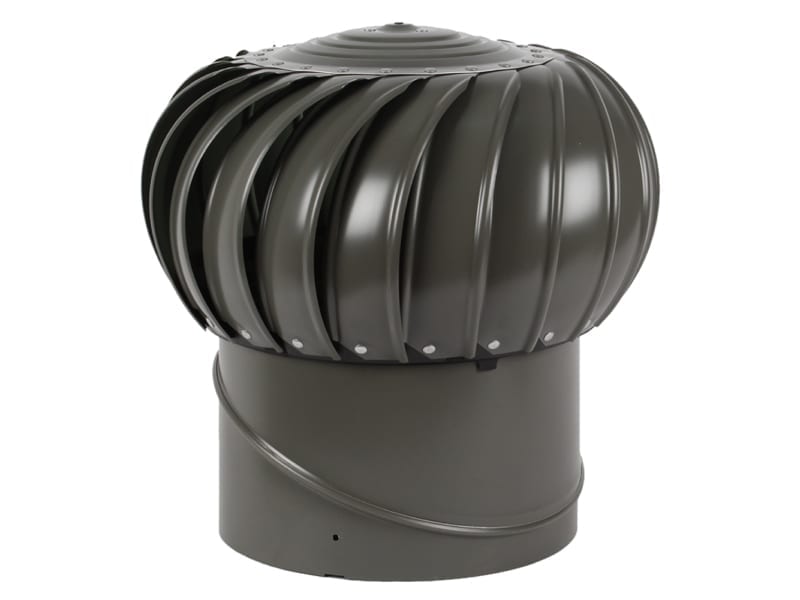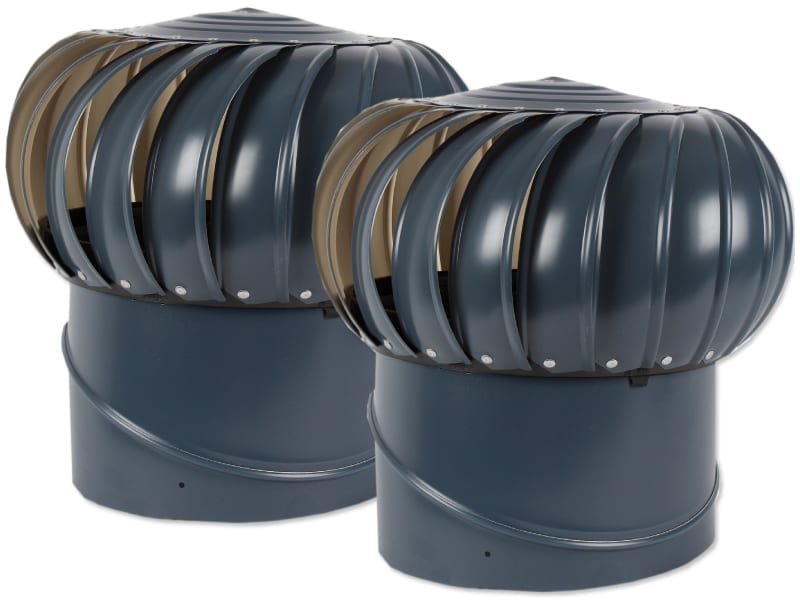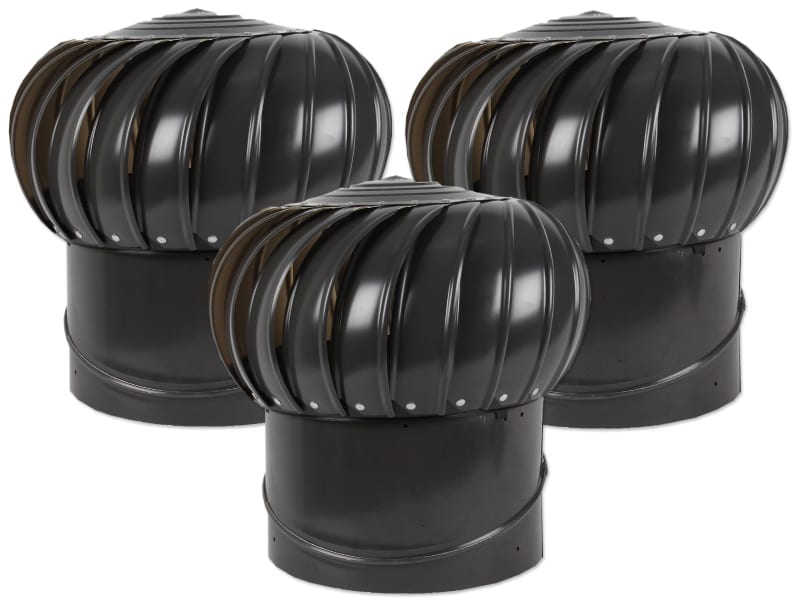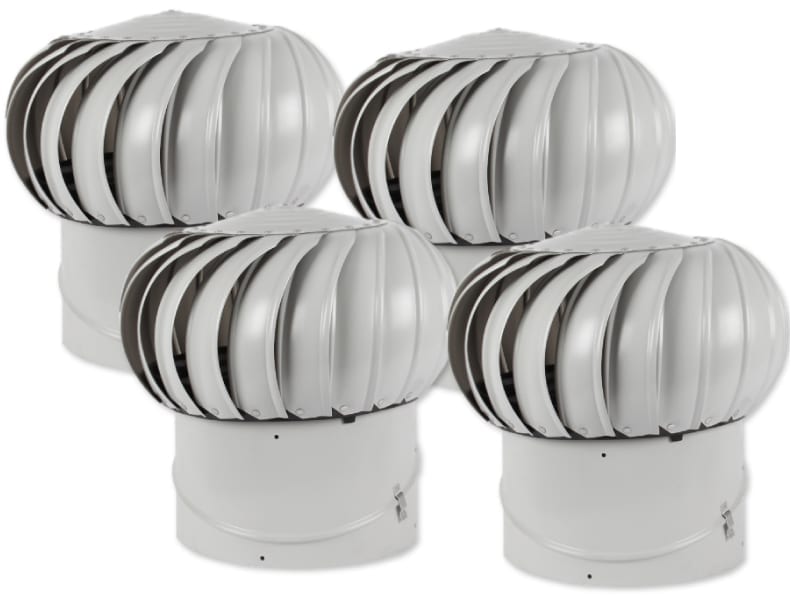Roofers VS Roofing Plumbers
For someone not in the roofing trade—and particularly someone from outside of Australia—it can be challenging to keep the various roofing trades straight in your mind. One of the more confusing roles is roof plumber, and you could be forgiven wondering what this job entails, and how it differs from a standard roofing—or a standard plumbing—job. So what is a roof plumber?
When you think “plumber”, you tend to think about the water pipes that feed your taps, toilets, showers, and things of that nature. Of course, there is not typically any plumbing of this kind in your roof. There can be plumbing, of course, such as in the case of an immersion heater tank in the attic, or solar heating elements, but inside the attic doesn’t really count as the roof, and solar heating is not particularly common.
In fact, the “plumbing” part roof plumbing refers to things like installing downpipes, rainwater tanks, flashing, and really anything related to handling rainwater.
Where things can get a little confusing is in the fact that “roofer” is often used as a blanket term for any roofing work, so someone may be called a roofer who is actually a roof plumber, or who is able to undertake roof plumbing work but also handles regular roofing work. In Australia, a roof plumber is more of a specialist role and can involve determining the best set up for catching the maximum amount of rainwater, as well as installing that setup. This goes beyond the standard level of experience a roofer has, who will often be capable of installing basic guttering and downpipes but may lack the knowledge and expertise to get the most out of the roof drainage systems.
What is a Roof Plumber?
Dealing with rainwater effectively is important for several reasons, not least of which is the need to keep said rainwater out of your building. Water getting into your property can cause mould build-up, damp, and even compromise the structure of the building if left for long enough periods.
Beyond protecting your property from water damage, rainwater is an important resource in Australia, where many regions receive a low level of rainfall each year. For this reason, many homeowners choose to have water collection systems installed on their property. In these cases, the job of a roof plumber would be to ensure that as much of the water as possible that lands on the property are collected. This adds a level of complexity over basic roof drainage, where the goal is simply to ensure that water is safely diverted away from the property so that it can’t do any damage.
The added complexity of this task should not be underestimated, as it involves a number of additional factors that require careful thought and calculation. These factors may include looking at the average amount of rainfall in the area to ensure that a sufficient amount of storage is added, as well as running calculations of the pitch of the roof to ensure the guttering is sufficient to catch all of the expected rainwater. And these are only two examples.
What is a Roofer?
“What is a roof plumber?” is a question that can be more easily answered when you understand what a roofer is since that is what roof plumbers are most often confused with. Generally speaking, a roofer is anyone who works on roofs, which is why roof plumbers are sometimes lumped together.
Roofers can carry a wide range of tasks, from small roof repairs to a complete roof replacement. They also take care of tasks, like installing roof ventilation, and some may also offer roof plumbing services.
As a slight aside, you should always make sure that the person or company you hire is a licensed roofing contractor. It is possible to work on roofing projects without being a licensed roofing contractor—such as would be the case with a general contractor who offers roofing services as part of their overall service—but if you are hiring a someone for roofing work alone, don’t leave things to chance by hiring someone who is entirely unproven.
Your licensed contractor may hire unlicensed people to help them on your project, but as long as the contractor you hire is licensed, you have the peace of mind of knowing the project is in the hands of someone who knows what they are doing.
What are the Core Skills a Roof Plumber Should Have?
Roof plumbers are something of an in-demand trade in Australia, with Australian emigration listing it as one of their desired occupations for both medium and long term. As such, there is a clearly defined list of core competencies that a roof plumber is expected to have. Bear in mind that these are expectations dictated by the Australian government with regards to emigration, and do not necessarily reflect the actual work a roof plumber would be doing. The core skills include;
Technical Ability
Studying and understand blueprints and specifications is an important aspect of roof plumbing, as it allows you to accurately understand the layout of the plumbing systems and decide the materials that will be required for the job.
Installation Experience
Though not always necessary for roof plumbing work, a roof plumber is expected to be experienced in installing hot and cold water systems, sanitary plumbing, water supply systems, and a range of fire protection systems. A roof plumber should also have experience below-ground plumbing systems, such as sewage pumping equipment, below-ground, and drainage systems.
Gas
Installing gas appliances, flues, and pressure regulating devices is also considered a task that roof plumber should be competent in.
Roofing
Finally, a roof plumber should be able to determine the requirements of a roof with regards to things like roof flashing, as well as fabricate and install the necessary items to meet those requirements.
What is a Roofing Contractor?
There is no real difference between a roofing contractor and roofer, with the exception that a roofer may be unlicensed, whereas a roofing contractor will be fully licensed. Contractors may be self-employed or part of a larger team, or even employed by a roofing company.

